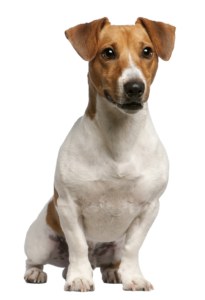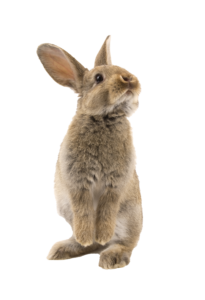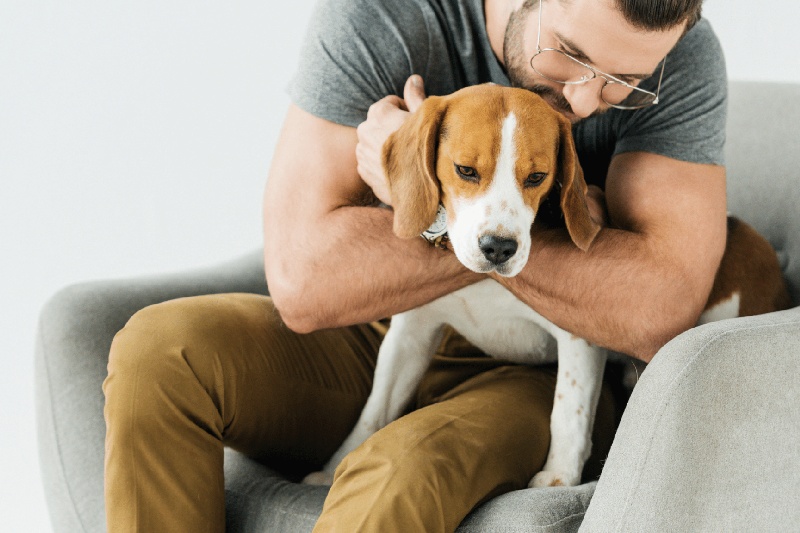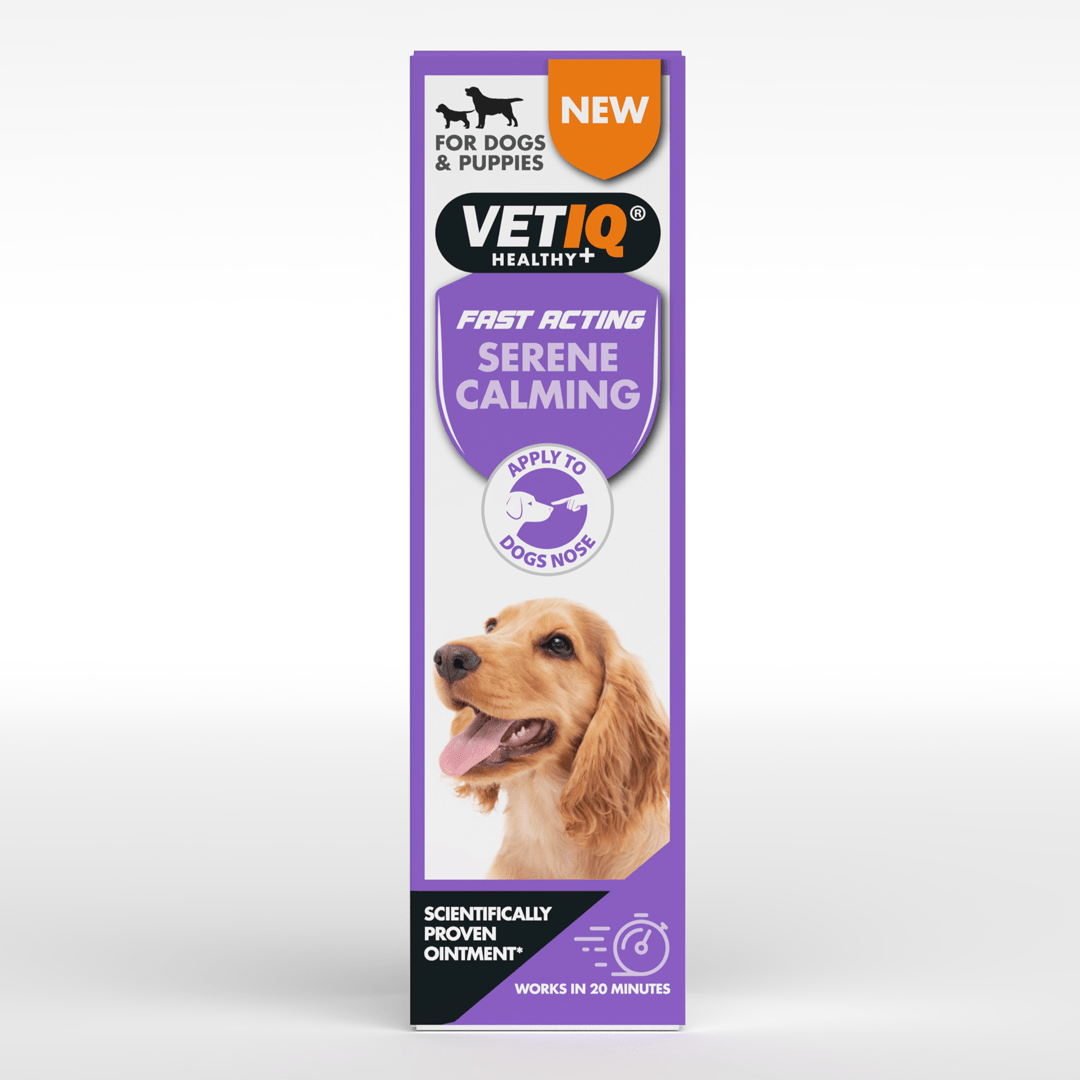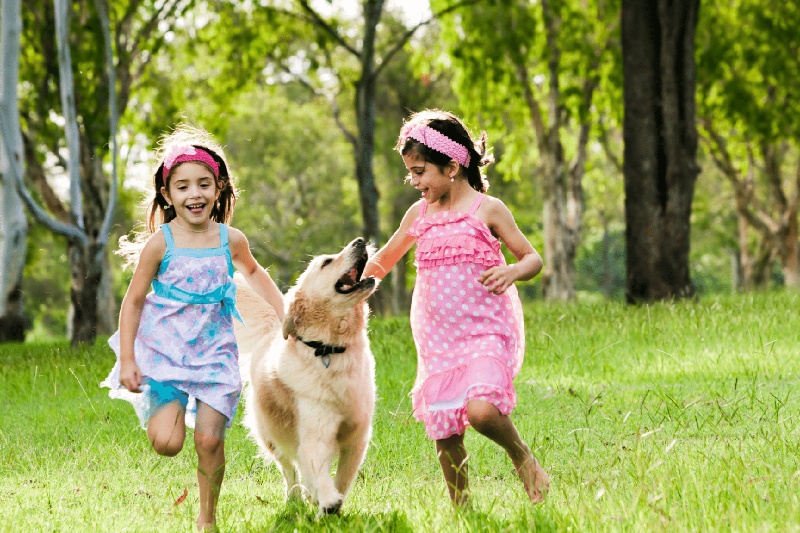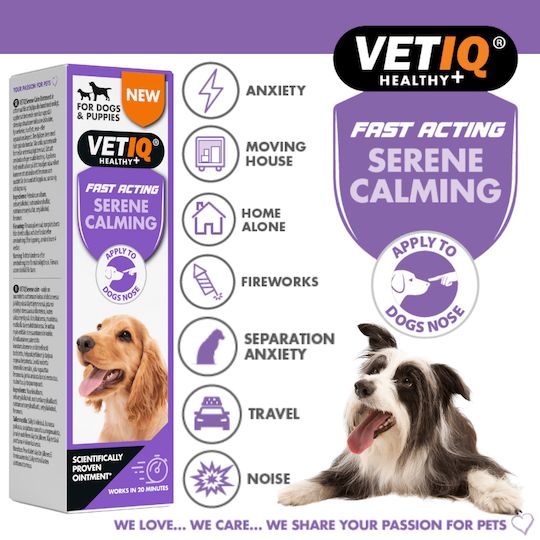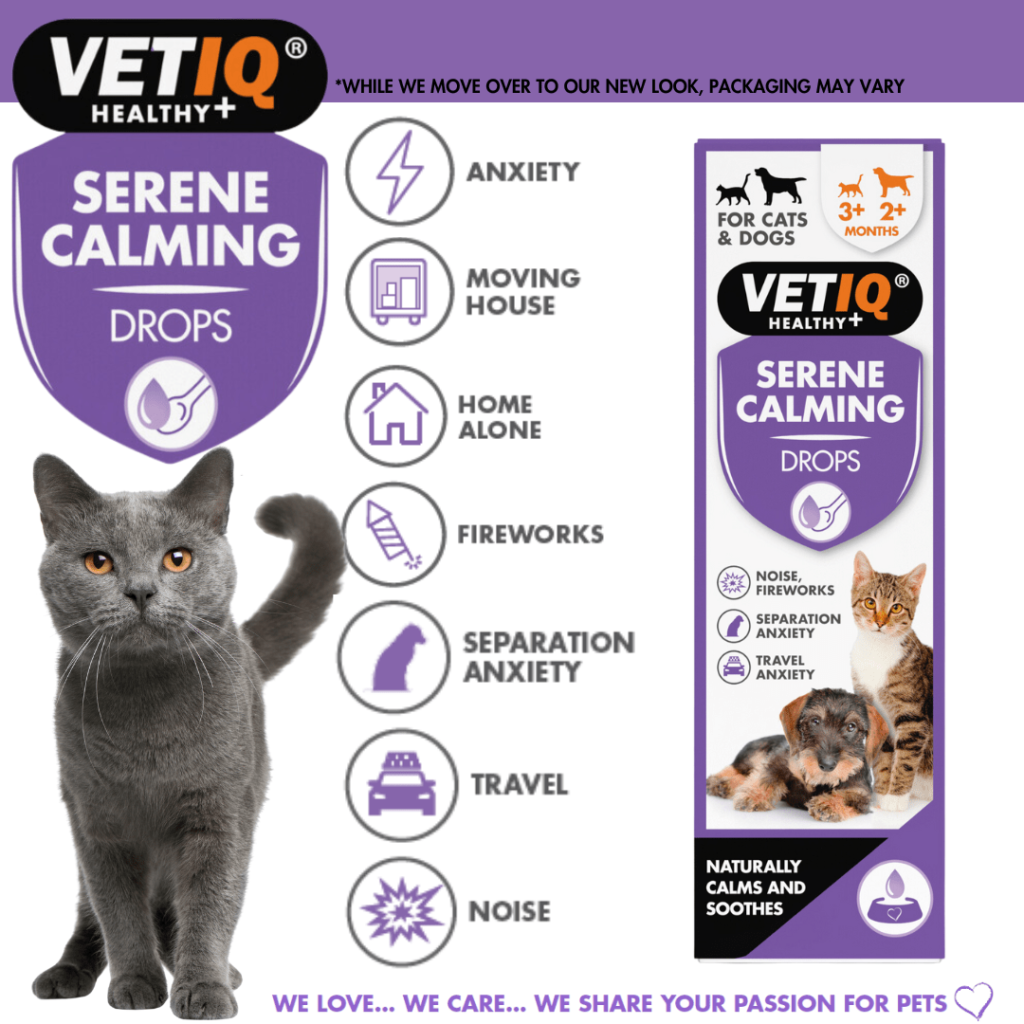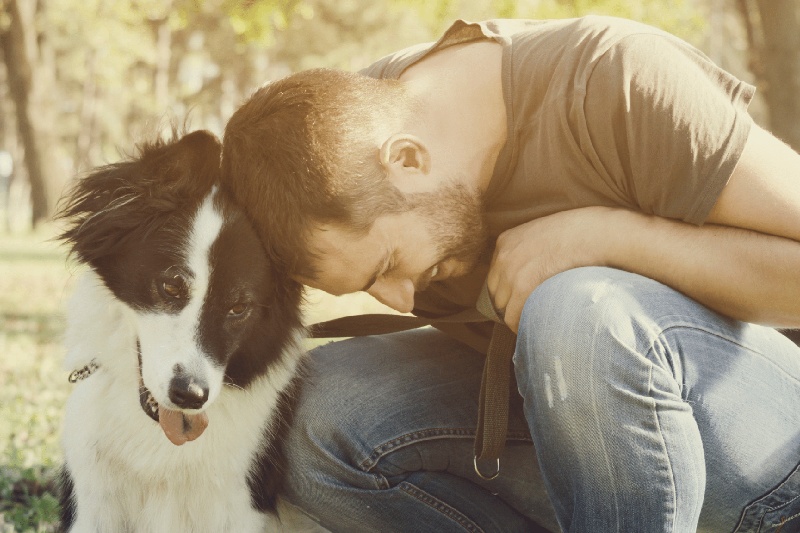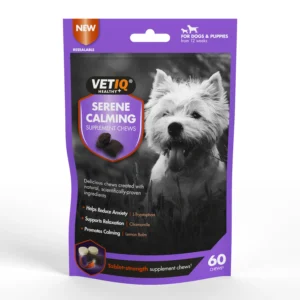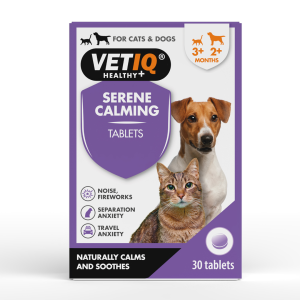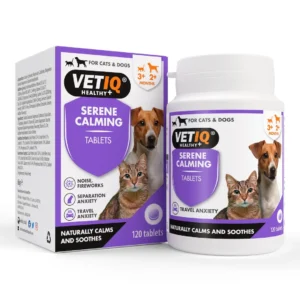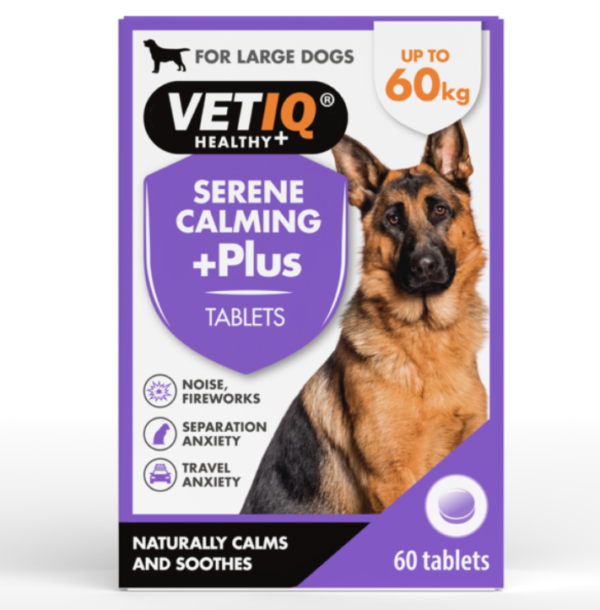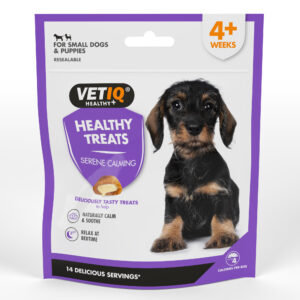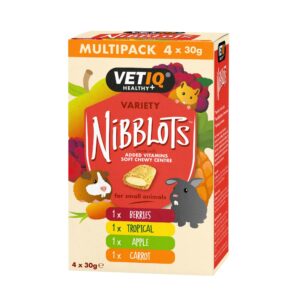(Updated: Nov 2023) The definition of the phrase “it’s a dog’s life” has become distorted in recent years. Far from enduring a difficult, unhappy existence, the vast majority of dogs that are part of a loving family lead pampered and privileged lives, with their every need catered to. Despite this, canine anxiety is on the rise.
Although treating our fuzzy companions as an important family member is a wonderful thing, it can sometimes lead to blurred lines that cause a pet owner to forget that their dog is, in fact, a dog.
Anthropomorphising Our Dogs
When we attribute human characteristics to an animal, it is referred to as anthropomorphism. Examples can range from dressing your dog to match your own style or assigning unrealistic and impractical human qualities to them. While the intentions behind it may be innocent, it can be a potentially dangerous behaviour as it deprives our pets of being who they naturally and instinctively are.
Among the most common human behaviours that we translate to our dogs is hugging. While it’s an affectionate gesture for us, for many dogs, it triggers fear, anxiety, and discomfort. In this article, we delve into the reasons why dogs might not relish cuddle time – and why you shouldn’t take that personally!
Decoding Canine Anxiety: Reasons why dogs don’t like to hug
While a dog’s reluctance to hug may be down to issues such as previous abuse or even undiagnosed pain or injury, there are a couple of more common reasons that are likely to explain their less-than-enthusiastic reaction to your embrace.
Hugging feels unnatural to dogs
Some pet parents might understandably be in denial regarding the possibility that their dog doesn’t appreciate their hugs. Hugging is an alien behaviour to dogs. Dogs and humans are different species with distinct communication methods. For us, hugs express emotions like joy, celebration, or sadness. For dogs, interactions involve barks, sniffs, or playful frolics. Hugging doesn’t fit into their intuitive forms of expression, which is why it can feel unnatural and even bewildering to them.
Dogs are cursorial animals
The second reason our pets may disapprove of hugging ties in with the first: it can feel like threatening behaviour.
Dogs are cursorial animals, built for swift movements like running, jumping, and indeed biting, particularly as a means of escape from dangerous situations. A hug, which restricts their mobility, can elicit feelings of entrapment, potentially triggering distress and anxiety. This reaction is particularly pronounced in dogs who haven’t been socialised to accept hugging as normal behaviour.
Many dogs that have become accustomed to receiving hugs from their owners, or perhaps even well-meaning strangers, have been taught from a young age to view this physical response as a positive interaction. Other dogs who have not, might interpret an embrace as a potential threat, almost like they are being unduly restrained for some unknown reason.
Mitigating Your Dog’s Canine Anxiety
If your dog has always welcomed hugs but suddenly exhibits anxious tendencies when you attempt a cuddle, there could be an underlying issue. It would be wise to consult your vet and consider introducing a dietary supplement designed to mitigate tension and stress without any sedative effects.
VETIQ Serene Calming Ointment provides rapid relief from anxiety within 20 minutes, and the natural dietary supplement, Serene Calming Drops, helps manage the root cause of anxiety in pets.
How To Recognise If Your Dog Dislikes Hugs
Some dogs, including specific breeds like Labradors and Golden Retrievers, love nothing more than a cuddle from their doting owners. However, a significant number of dogs would disagree with this sentiment.
As a pet parent, it’s essential to respect your dog’s comfort and preferences. You should be willing to put your feelings aside and respect your dog’s concerns about hugging, particularly if it makes them anxious and uncomfortable.
To identify if your dog is distressed by hugs, watch for signs like:
- Wide eyes
- Closed mouth
- Lowered or pinned-back ears
- Stiff body
According to certified Applied Animal Behaviourist Dr Patricia McConnell, one of the best ways to gauge your dog’s true feelings on the subject is to have someone take a picture of their face as you hug them.
“When we hug our dogs, we don’t see their face,” she explains. “[A client] will say, ‘My dog loves it!’. Then I’ll take a picture and show them, and they’ll say, ‘Oooh…’.”
No Hugs Doesn’t Mean No Love! Understanding Canine Anxiety & Your Dog’s Boundaries
There’s no denying that experiencing resistance from your beloved pooch when it comes to all things cuddle-related can sting a little.
Just because your dog doesn’t love hugs doesn’t mean they don’t love you! By acknowledging their boundaries, understanding their inherent instincts and reminding yourself of the fact that their DNA is hardwired with certain animalistic aspects that you cannot change, you’re actually nurturing a more profound bond with them.
Hugging may be off the table, but you can bond with your dog in countless other ways. There are myriad other ways to express love, such as long walks, one-on-one playtime, or belly rubs!
-
VETIQ Christmas Variety Gift Pack for Dogs
£15.00 -
VETIQ Serene Calming Supplement Chews 230g
£16.00 Subscribe & Save up to 20%! -
VETIQ Serene Calming 50G
£17.50 Subscribe & Save up to 20%! -
Healthy Treats Serene Calming 50G, Multipack
£9.50 Subscribe & Save up to 20%! -
VETIQ Serene Calming Drops 100ML
£8.50 Subscribe & Save up to 20%! -
VETIQ Serene Calming 30 Tablets
£7.50 Subscribe & Save up to 20%! -
VETIQ Serene Calming 120 Tablets
£17.50 Subscribe & Save up to 20%! -
VETIQ Serene Calming +Plus 60 Tablets
£13.00 Subscribe & Save up to 20%! -
Healthy Treats Serene Calming for Small Dogs & Puppies

